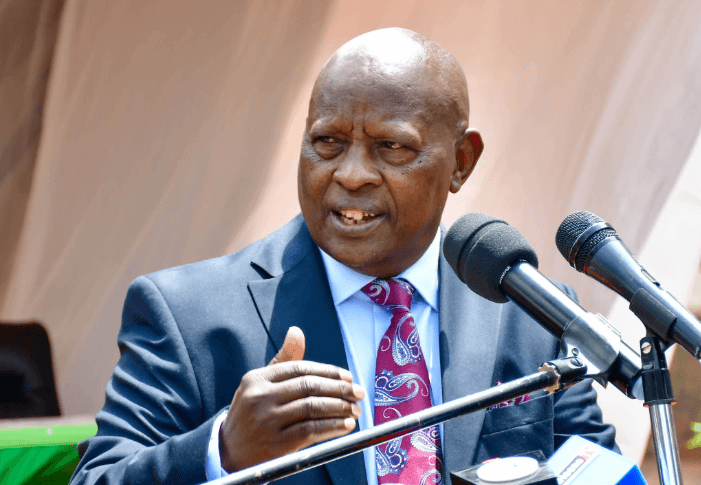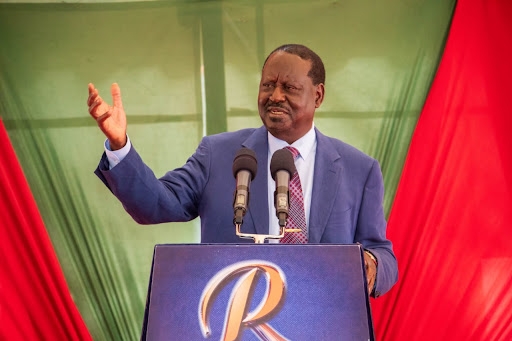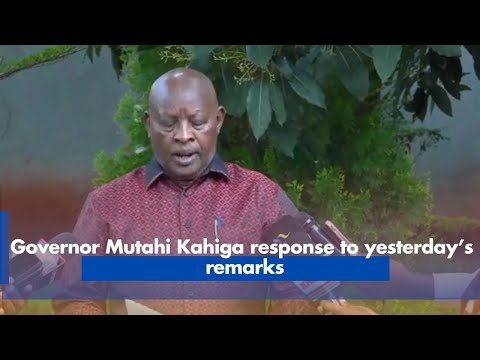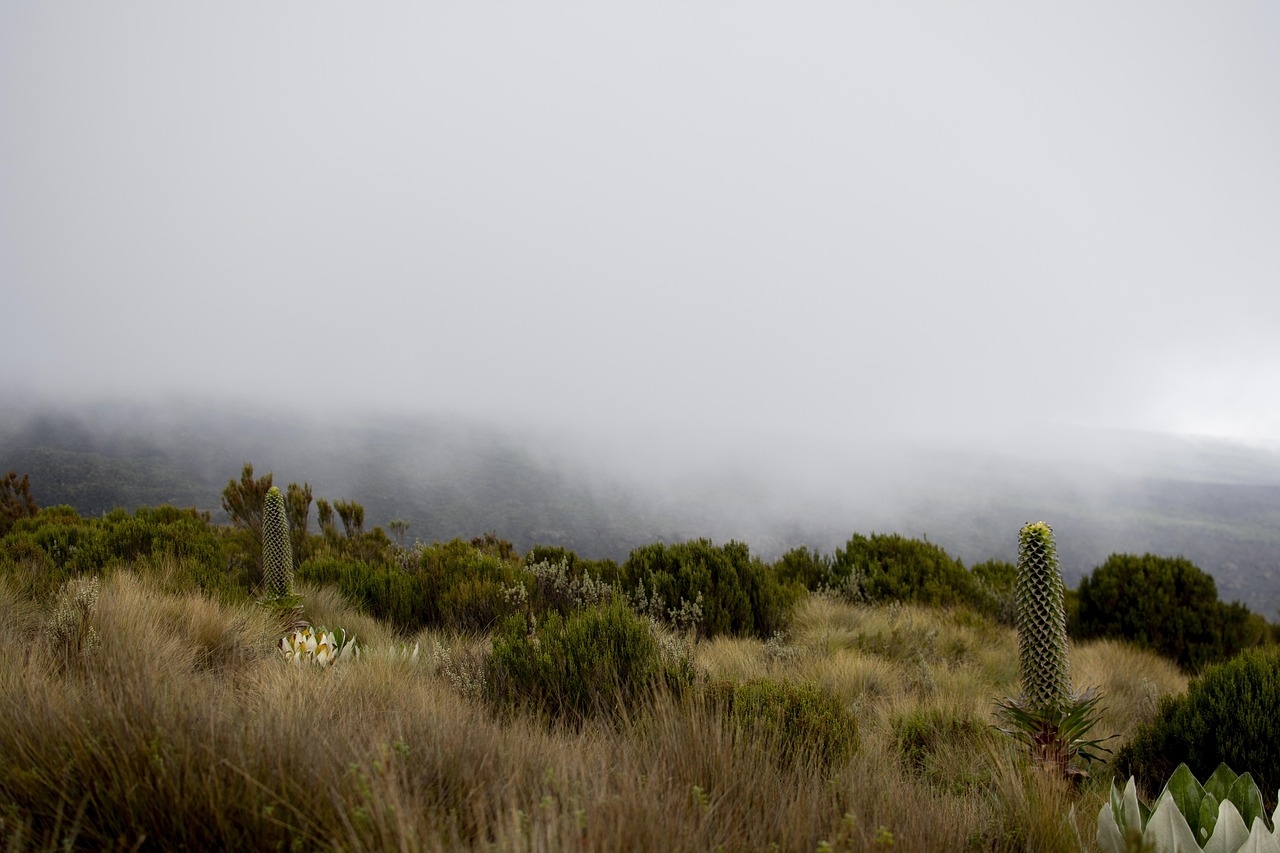
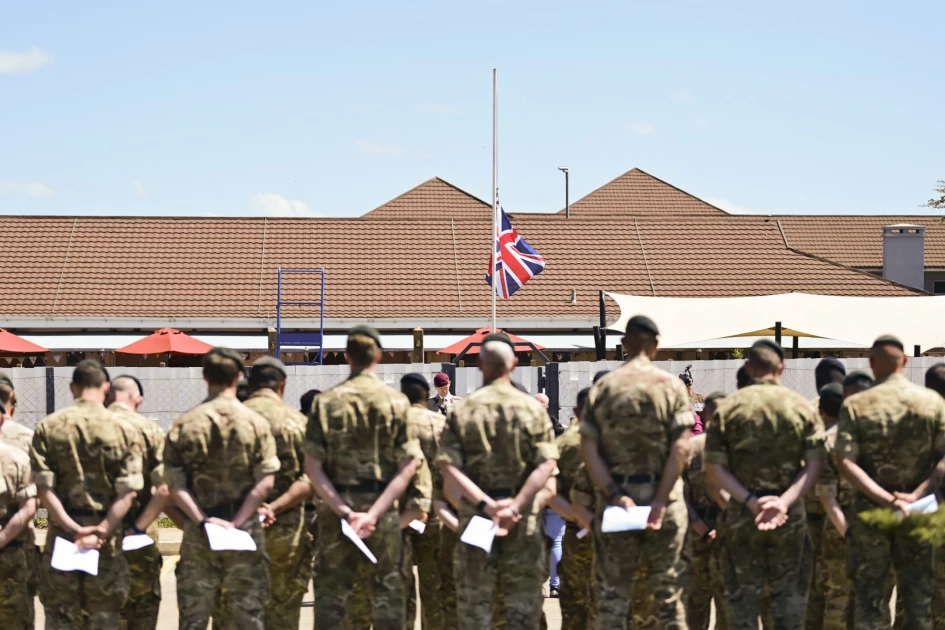 British soldiers in Kenya during a past meeting/COURTESY
British soldiers in Kenya during a past meeting/COURTESYThe British government has finally come out to address longstanding grievances, compensation claims, and community concerns after years of pressure from Kenyan authorities, victims, and civil society.
This comes amid growing scrutiny over alleged atrocities and environmental damage committed by the British Army Training Unit Kenya (BATUK).
The British military has been under fire over its reluctance to cooperate with ongoing parliamentary investigations into the operations of British soldiers in the country.
In a statement submitted Wednesday to the National Assembly’s Defence Committee, the British government acknowledged the “extremely regrettable” nature of past incidents involving loss of life and injuries.
“The UK Ministry of Defence deeply regrets the harm caused by certain historical incidents and recognises the pain these events have caused to individuals, families, and communities. We remain committed to addressing these matters with transparency, responsibility, and respect for Kenyan sovereignty,” the statement read.
For over a decade, BATUK has operated from its base in Nanyuki, Laikipia County, as part of a bilateral defence agreement between Kenya and the United Kingdom.
However, its presence has been marred by allegations of misconduct, including rape, murder, mishandling of unexploded ordnance (UXO), and environmental degradation.
Some of the most harrowing incidents associated with BATUK’s operations involve the deaths of Kenyan civilians, many of them young and unaware of the dangers left behind by military exercises.
In 2007, Robert Seurei was killed after removing a piece of Unexploded Ordnance (UXO) from the Eastern Laikipia training area, believing it to be a candle.
More infamously, the 2012 murder of 21-year-old Agnes Wanjiru after a night out with British soldiers remains unresolved.
Her body was discovered in a hotel septic tank two months after she disappeared.
The case sparked international condemnation, and critics have long accused the UK of dragging its feet on justice.
The UK Ministry of Defence (MOD), it said, recognises the pain and frustration caused by such tragedies, particularly in the case of Seurei which highlighted the dangers of UXO left in civilian-accessible areas.
BATUK stopped short of taking full responsibility but noted that, despite the inquiries failing to conclusively determine the origin of the munitions, it had opted to take action in the interest of community relations and public safety.
Regarding the Wanjiru case, UK MOD did not address the matter directly in its communication but reaffirmed its commitment to cooperate with Kenyan authorities and the Defence and Foreign Relations Committee (DIFRC) to resolve “outstanding concerns.”
“The UK MOD is aware that, in September 2025, the Kenyan Director of Public Prosecutions determined that a British National should face trial in relation to the unlawful killing of Agnes Wanjiru,” it said.
“The UK MOD will continue to support Kenyan authorities as appropriate.”
In light of the UXO incidents, the UK MOD confirmed that compensation had been paid to the affected families.
A financial settlement was reached with the family of Seurei in 2010.
The MOD says these actions reflect its desire to maintain goodwill and uphold its responsibilities under the Defence Cooperation Agreement.
UK also acknowledged incidents of sexual exploitation and abuse (SEA) involving British Army personnel in Kenya, admitting that transactional sex still occurs at a "low to moderate" level despite its strict zero-tolerance policy.
“There is absolutely no place for sexual exploitation and abuse by people in the British Army,” the MOD stated, calling such behaviour "at complete odds with what it means to be a British soldier."
Following a 2025 inquiry (SI Sennen), the MOD reported a significant reduction in SEA cases since the introduction of the Defence SEA policy in July 2022.
Of 7,666 troops deployed, nine incidents were reported post-policy enforcement.
To prevent future abuse, the UK has retained curfews, movement restrictions, military police oversight, and command-led training.
New measures include the appointment of accountability officers at social events and harsher penalties for offenders.
BATUK personnel are also subject to UK and Kenyan law, and a liaison officer from the Kenya Police is embedded at the base.
On paternity claims, the MOD said it recognises such issues but only investigates cases with criminal allegations.
It urged affected mothers to contact Kenya’s National Council for Children’s Services for support.
The UK also addressed the 2021 Lolldaiga fire, which caused widespread environmental damage and sparked legal claims by local communities.
An independent environmental assessment, commissioned by Lolldaiga Hills Ltd and funded by the UK MOD, found the fire had damaged vegetation and potentially led to the spread of invasive species.
The UK government acknowledged the “length of time it took to resolve the global settlement” and the frustration it caused in affected communities.
“We recognise the length of time it took to resolve the global settlement and the frustration it caused within the affected communities,” the MOD admitted.
A global compensation agreement was finally reached on August 21, 2025.
BATUK stated it has since implemented environmental recovery programs, including reforestation and measures to reduce human-wildlife conflict.
A 2024 NEMA Inspection Report confirmed BATUK’s compliance with Kenyan environmental and wildlife laws, and no sanctions have been imposed.
Tensions escalated further on August 12, 2025, when BATUK officials failed to appear before the National Assembly’s Defence Committee.
The committee is investigating multiple allegations, including sexual abuse, killings, and corruption linked to British soldiers in Kenya.
Only Defence Cabinet Secretary Soipan Tuya and Principal Secretary Patrick Mariru attended the session.
Tuya could not explain BATUK's absence, citing that the matter had been handled through the Ministry of Foreign Affairs.
Committee Chair Nelson Koech warned that Parliament could now declare BATUK as a “hostile witness,” a legal classification that could see them compelled to appear by summons or face fines and arrests.
“There are children born out of illegal relationships with British soldiers. This House was reluctant to pass the Defence Cooperation Agreement. In the eyes of this committee, BATUK are hostile witnesses,” Koech said.
BATUK continues to highlight its community engagement programs, pointing to 72 development projects carried out in the past financial year alone.
These include borehole installations, school refurbishments, medical outreach, and support for anti-FGM and gender-based violence initiatives.
While some local leaders acknowledge BATUK's positive contributions, many argue that development projects cannot overshadow the pain of unaddressed injustices.
The UK MOD says it remains committed to strengthening defence ties with Kenya and upholding the spirit of the joint DCA.
"The UK values its relationship with Kenya, which is underpinned by mutual benefit, respect and cooperation. The UK-Kenya Defence Partnership is one of the strengths of our relationship. Our joint training and operations with the Kenyan Defence Forces are keeping both Kenyan and British people safe,” said British High Commission spokesperson.



